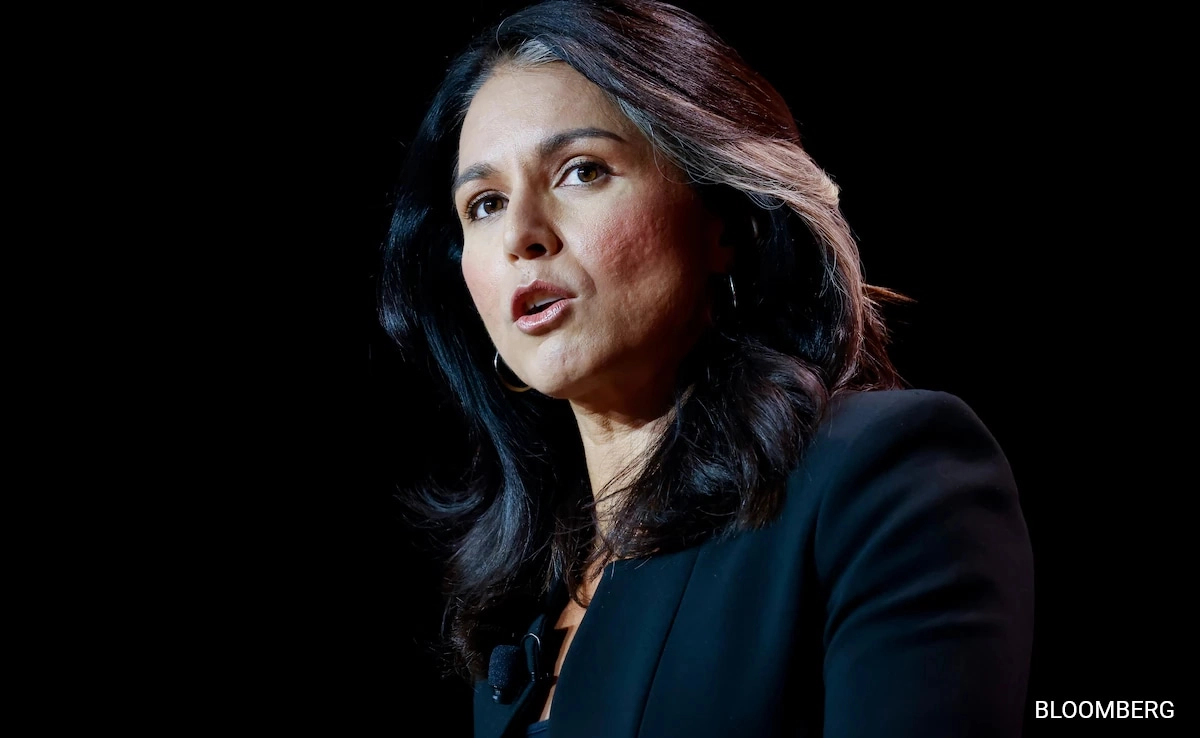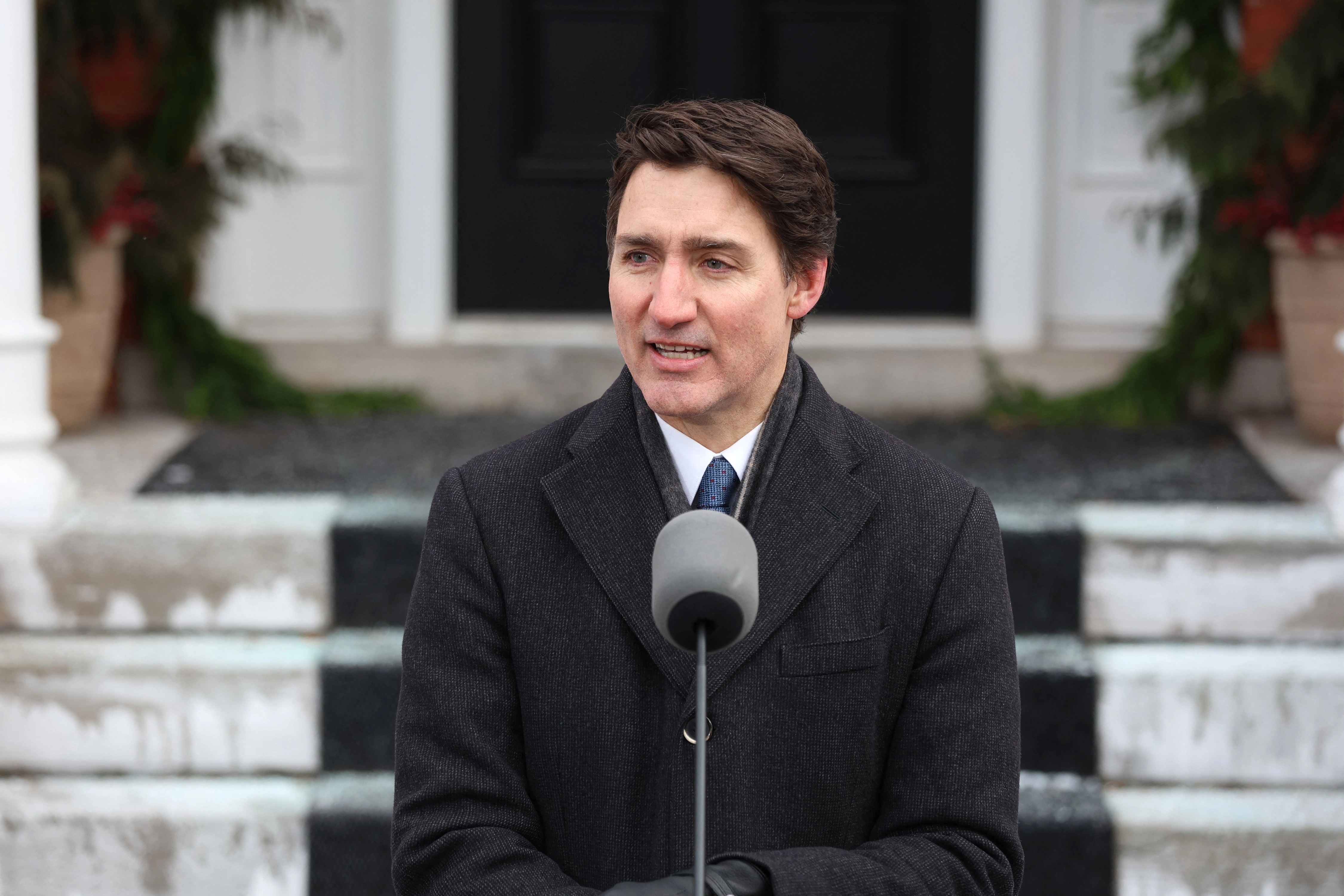The United States has increasingly focused on the issue of fentanyl trafficking, linking it to various countries, including India. This heightened scrutiny comes at a time when former President Donald Trump has threatened to impose tariffs on Indian goods, suggesting a complex interplay between trade relations and drug trafficking concerns. Fentanyl, a potent synthetic opioid, has been a significant factor in the opioid crisis affecting the United States, leading to thousands of overdose deaths annually. As the U.S. government seeks to curb the influx of this dangerous substance, it has pointed fingers at international supply chains, with India being identified as a notable player in the production and distribution of fentanyl precursors.
The connection between India and fentanyl trafficking highlights the global nature of the drug trade, where substances are often synthesized far from their final destination. U.S. officials have raised alarms about the role of Indian manufacturers in supplying chemicals used to produce fentanyl, which are then trafficked into the United States. This situation has prompted calls for increased cooperation between the U.S. and Indian governments to tackle the issue head-on. However, the looming threat of tariffs adds a layer of complexity to diplomatic relations, as India may view such measures as punitive rather than collaborative.
As the U.S. grapples with the opioid epidemic, it is crucial for both nations to find common ground in addressing the fentanyl crisis without letting trade disputes hinder progress. Effective collaboration could involve sharing intelligence, enhancing border security, and implementing stricter regulations on the production and export of precursor chemicals. By fostering a cooperative approach, the U.S. and India can work towards mitigating the risks associated with fentanyl trafficking while maintaining healthy trade relations that benefit both economies. Ultimately, the challenge lies in balancing the urgent need to combat drug trafficking with the necessity of sustaining positive diplomatic ties amidst escalating trade tensions.




